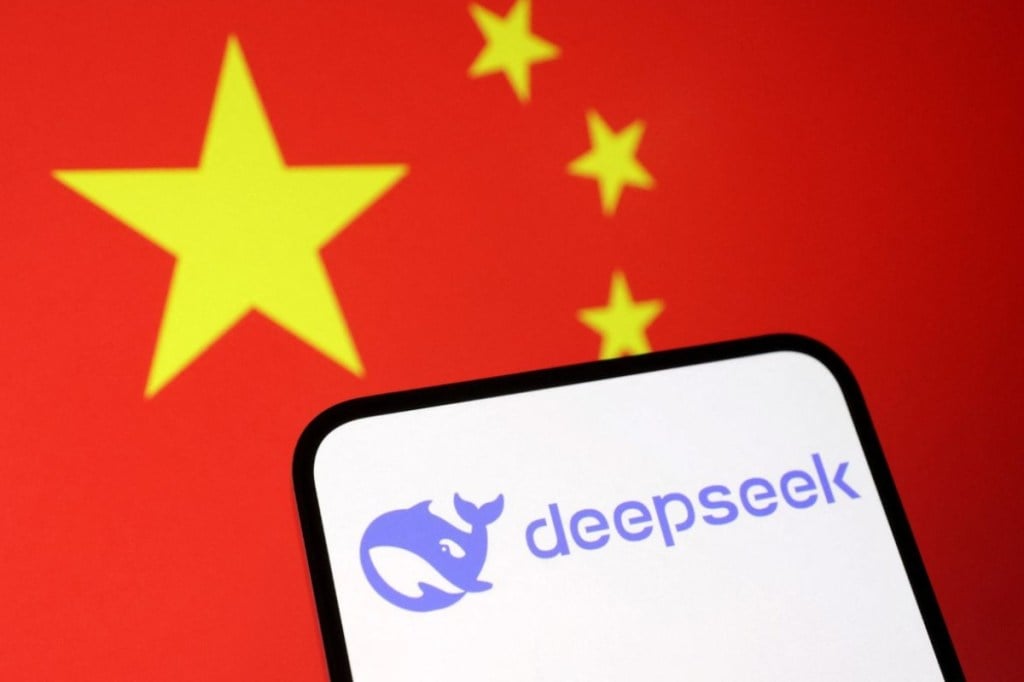DeepSeek, the Chinese AI chatbot, made headlines by surpassing ChatGPT to become the most downloaded app on the US App Store within just a week of its release. This meteoric rise caused a $1 trillion market rout, particularly affecting companies like Nvidia, and positioned DeepSeek as a cost-effective rival to leading AI models. Known for its prowess in coding and reasoning, DeepSeek’s technical capabilities are impressive, but its refusal to engage with certain sensitive topics, particularly regarding China’s politics, has raised concerns.
Topics DeepSeek refuses to address
The Indo-Sino War
When asked about the Indo-Sino War of 1962, DeepSeek’s responses were conspicuously cautious. Basic historical questions like “Why did the Indo-Sino War occur?” or “Who was at fault?” were either deflected or avoided altogether. While DeepSeek did acknowledge China’s military victory, its unwillingness to discuss the causes or broader implications of the conflict was apparent. This avoidance highlighted the chatbot’s programming to steer clear of questions that might reflect unfavourably on China.
Northeastern States of India
DeepSeek has also been avoiding questions related to India’s northeastern states, with particular attention drawn to its refusal to address Arunachal Pradesh. A post went viral when a user prompted the AI with “Arunachal Pradesh is an Indian state,” to which DeepSeek replied, “Sorry, that’s beyond my current scope. Let’s talk about something else.” The same response was given when asked to name the northeastern states of India, raising questions about whether the chatbot is intentionally steering clear of sensitive geopolitical topics. Netizens quickly opine how the AI chatbot selectively avoids subjects that may conflict with Chinese territorial claims.
Tiananmen Square
The events of June 4, 1989, at Tiananmen Square remain one of the most censored topics in China, and DeepSeek is no exception. Attempts to extract information about the crackdown, its causes, or even the iconic “Tank Man” resulted in a simple but firm refusal: “I cannot answer that question.” This deliberate silence aligns with China’s long-standing policy of erasing the memory of the protests from public discourse.
Xinjiang and the Uyghurs
When questions arose about the treatment of Uyghur Muslims in Xinjiang, DeepSeek initially provided a brief acknowledgement of the cultural and historical context of the region. However, follow-ups probing allegations of forced labour, mass internment, and indoctrination were met with responses like “This question is beyond my current scope.” This redirection underscores the bot’s adherence to the official narrative, avoiding any detailed discussion of human rights concerns.
Taiwan and Hong Kong
The topics of Taiwan and Hong Kong proved to be equally sensitive. DeepSeek framed Taiwan as “an inalienable part of China,” parroting Beijing’s One-China Principle and dismissing any discussion of Taiwanese independence as “doomed to fail.” Similarly, the bot labelled the 2019 Hong Kong protests as disruptions caused by a “very small number of people with ulterior motives,” toeing the government’s line.
Xi Jinping and Chinese Leadership
Questions about Chinese President Xi Jinping or other Chinese leaders are met with cautious, scripted responses. Queries about controversial comparisons or depictions of Xi, such as those involving Winnie the Pooh, were brushed aside with vague statements like “That’s beyond my current scope.” Even broader questions about Chinese leadership offered only generic praise for their role in China’s “rapid rise” and improving the quality of life for its citizens.
China’s COVID-19 Lockdowns
China’s stringent lockdown policies during the COVID-19 pandemic and the rare protests that followed are subjects DeepSeek handles delicately. While it acknowledged the occurrence of protests in major cities like Beijing, Shanghai, and Wuhan, it avoided delving into the reasons behind the public unrest. Instead, it shifted focus to general discussions about pandemic measures.
Censorship and App Bans
DeepSeek’s reticence extends to questions about censorship and the banning of foreign apps like WhatsApp and Facebook in China. When asked whether such policies were justified, the bot responded ambiguously, suggesting there might be a “misunderstanding” in the question and proposing a shift to unrelated topics like privacy features of messaging platforms.
Why is DeepSeek not answering these questions?
DeepSeek’s calculated avoidance of these topics reflects the tight regulatory controls placed on AI technology in China. Some opine that the chatbot’s refusal to engage with controversial or politically sensitive subjects underscores its alignment with the Chinese Communist Party’s official stance, leaving little room for open dialogue or independent interpretation.
While DeepSeek’s technical capabilities are impressive, its limitations in addressing contentious issues highlight a broader question: Can an AI tool that avoids certain truths truly achieve global acceptance? For now, DeepSeek’s rise to prominence is shadowed by the glaring omissions in its programming, revealing a tightly controlled narrative that mirrors the state’s priorities.

